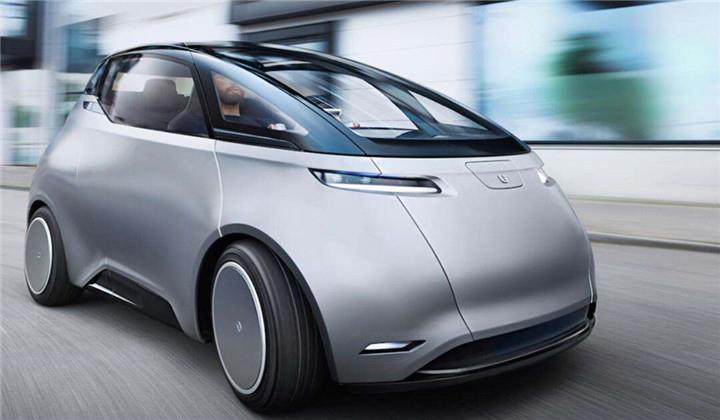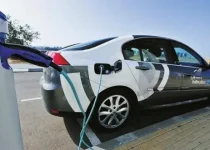Are electric vehicles quieter than ICE vehicles, and if so, why?
Yes, electric vehicles (EVs) are generally quieter than internal combustion engine (ICE) vehicles. There are several reasons for this:
- Simpler drivetrain: EVs have a simpler drivetrain with fewer moving parts compared to ICE vehicles. An electric motor has a single rotor that spins, whereas an ICE vehicle has many moving components, such as pistons, valves, and gears. The reduced number of moving parts in EVs results in less mechanical noise.
- Absence of combustion: ICE vehicles generate noise due to the combustion of fuel within the engine, as well as the associated exhaust system. In contrast, EVs operate without combustion or an exhaust system, eliminating these sources of noise.
- Smoother operation: Electric motors deliver power smoothly and consistently, with less vibration than ICE vehicles. This results in a quieter and more comfortable driving experience.
- Noise insulation: Some EV manufacturers invest in additional noise insulation and vibration damping materials to further reduce noise levels inside the cabin, taking advantage of the inherently quieter electric drivetrain.
- Regenerative braking: EVs often use regenerative braking systems, which are quieter than the traditional friction-based braking systems found in ICE vehicles.
While electric vehicles are generally quieter, it’s important to note that they are not entirely silent. Tire noise, wind resistance, and electric motor whine can still be audible, especially at higher speeds. In fact, due to concerns about pedestrian safety, regulations in some countries require EVs to emit artificial sounds at low speeds to alert pedestrians of their presence.



